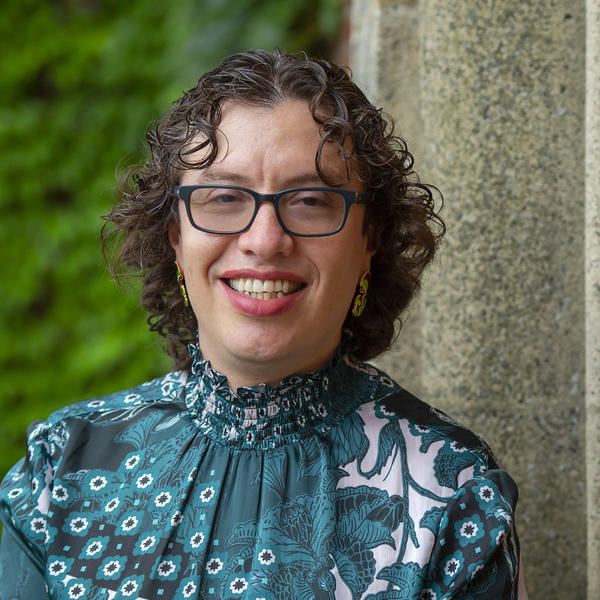Alvaro Jarrín, associate professor of anthropology at the College of the Holy Cross, has been named a 2021–2022 fellow at the Harvard University's Radcliffe Institute for Advanced Study.
The fellowship, founded in 1999, is a year-long program designed to foster an "interdisciplinary, international community" of fellows from fields in the arts, humanities, sciences and social sciences who aim to solve today's most challenging problems.
As the 2021-2022 Lisa Goldberg Fellow, Jarrín will work on a new book project that examines how gender politics are tied to affect in Brazil by analyzing what they call Jair Bolsonaro's "politics of disgust," which portrays LGBT identities as a threat to the nation, and the defiant visibility of trans and travesti activists, who use art, music and political performances to examine the violent exclusion of genderqueer bodies in Brazilian society.
"Receiving the Harvard Radcliffe Fellowship is such an honor because it brings together so many renowned scholars and artists under one roof, and thus will really push me to collaborate across disciplines and make my work legible beyond anthropology," said Jarrin.
As a medical anthropologist, Professor Jarrín spent years studying Brazilian plastic surgery, which culminated with the publication of the book "The Biopolitics of Beauty: Cosmetic Citizenship and Affective Capital in Brazil," tracing how beauty has become a national health issue in Brazil to the point where it's now considered a human right.
"The 2021–2022 fellowship cohort is characterized by intellectual reach, excellence in scholarship and creativity," said Radcliffe Dean Tomiko Brown-Nagin RI '17, who is also the Daniel P. S. Paul Professor of Constitutional Law at Harvard Law School and a professor of history in the Harvard Faculty of Arts and Sciences. "Our newest class of fellows will reckon with this [unprecedented] moment and its meaning, and they will push the limits of knowledge and practice across the sciences, social sciences, arts and humanities. We cannot wait to welcome them."
The acceptance rate for the class, which represents nine countries, was 2.4 percent, from 1,383 applications.
The full list of fellows is available here.
Holy Cross Anthropology Professor Selected as 2021-2022 Harvard Radcliffe Fellow

Alvaro Jarrín was one of 50 recipients selected from a pool of 1,383 applicants
Read Time
1 Minute


